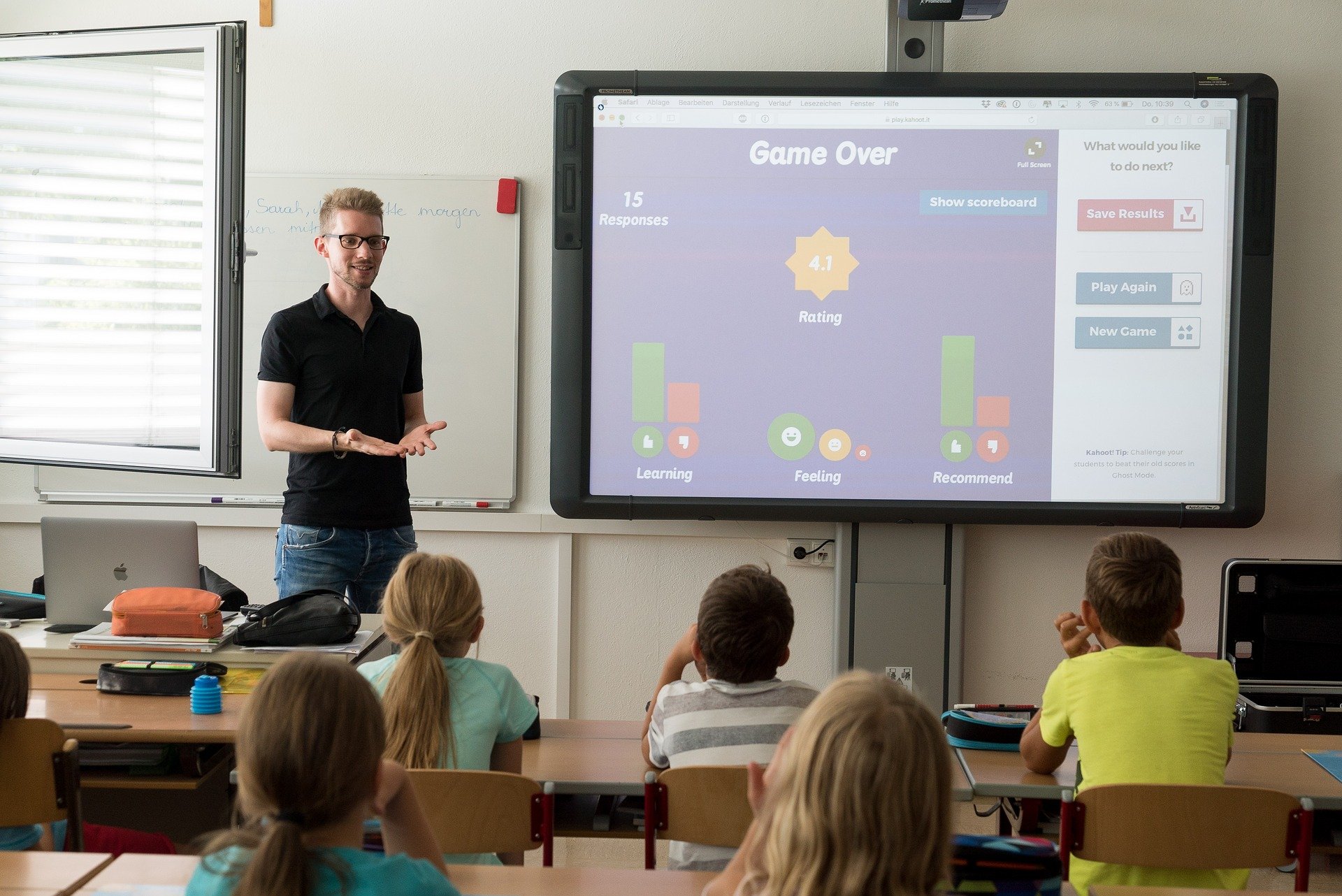
What does education look like in a global pandemic? It depends a lot on how well you were prepared. There is no shortage of challenges and issues. As educators, we attempt to prepare our students for the world that exists around them. Most importantly, we want our students to be ready to lead meaningful and productive lives once they become adults, in addition to being respectful and responsible citizens.
We want to place students on a path of success in a changing world. All of us have to learn to be comfortable with change and adapt to those changes.
So how do we accomplish this task? There is no one size fits all answers, but some of the solutions need to include these strategies.
5 Priorities for Education Today
1. Our students need problem-solving and critical thinking skills.
Problem-solving and critical thinking is the ability to use knowledge, facts, and data to effectively solve problems. Having critical skills and the ability to identify solutions to problems is a marketable skill in any arena.
2. Communication skills are needed to succeed in both your public and private life.
Almost every occupation involves the use of communication skills. A strong command of the language arts (reading, writing, speaking, and listening) is crucial for being a successful student and ultimately a productive member of the 21st-century workforce. You have to be able to communicate information to others simply and clearly, so people will listen. You also need to learn to listen to others. For people to read and comprehend fluently, we have to make literacy a state and national imperative. Communication skills have always been essential for academic and professional success.
3. Students must be able to assess and analyze information.
Almost daily as adults, we take information from a source, and analyze it, and then reflect on it. We have to pass that skill of finding, evaluating, and interpreting information along to future generations. Analytical thinking assists us as we reflect on complex issues, make decisions, and develop solutions. In a conflict, you have two options, either you find reasons to get along, or you find reasons to fight. When you learn to assess and analyze, you are better able to channel conflict and dissent constructively.
4. Educators must teach students to harness the power of collaboration.
Students should never be afraid of trying something because they are afraid of failure. They need to know they don’t have to go at it alone, and sometimes you need others to accomplish tasks. Educators have to teach their students that by their combined talents, they can maximize their energy, passion, and creativity. It is one of the overlooked benefits of team sports. Not everyone can be the leader, because they may lack the necessary leadership qualities. However, everyone can learn to work together for a common benefit.
Individuals can balance and strengthen one another, and reinforce where another team member might not be as strong. By working together with others, you can produce something of great value. Collaboration is underappreciated by society. Working collectively toward a shared goal is better than working as a group of individuals toward independent goals.
5. Give students opportunities to be both creative and curious.
Too often, we take the joy out of education. Line Dalile, then a 14-year-old author from Syria wrote: “Creativity isn’t a test to take, a skill to learn, or a program to develop. Creativity is seeing things in new ways, breaking barriers that stood in front of you for some time. Creativity is the art of hearing a song that has never been written or seeing a work of art on an empty canvas. Its essence is in its freshness and the ability to make dreams come to life.” Ms. Dalile brilliantly described why we lose many children in the education system.
The U.S. study, Creativity and Education: Why it Matters, sheds new light on the role of creativity in career success and the growing belief that creativity is not just a personality trait, but a learned skill. We now have a growing awareness – especially among professionals – that creativity and creative thinking deserve a bigger role in education. Albert Einstein, a genius by most accounts, said, “The true sign of intelligence is not knowledge but imagination.”
Research reminds us that well-rounded people strive for personal fulfillment and typically have more self-confidence. Innovation and agility are the keys to gaining a competitive edge in any industry. Education is no different. Education cannot be strictly about preparing students for a specific career. Teaching students unmeasured objectives like lifelong values, discipline, and the ability to explore new ideas and to think independently are very much essential.
What does education look like in a global pandemic? It looks like whatever we are prepared to make of it. Educators understand that critical thinking, communication, conflict resolution, teamwork, and creativity cannot be lost in the changing environment. The future will bring new challenges and cause us to further shift teaching and learning. COVID-19 merely sped up some of those changes.
Posted with permission from the Professional Educators of Tennessee.



